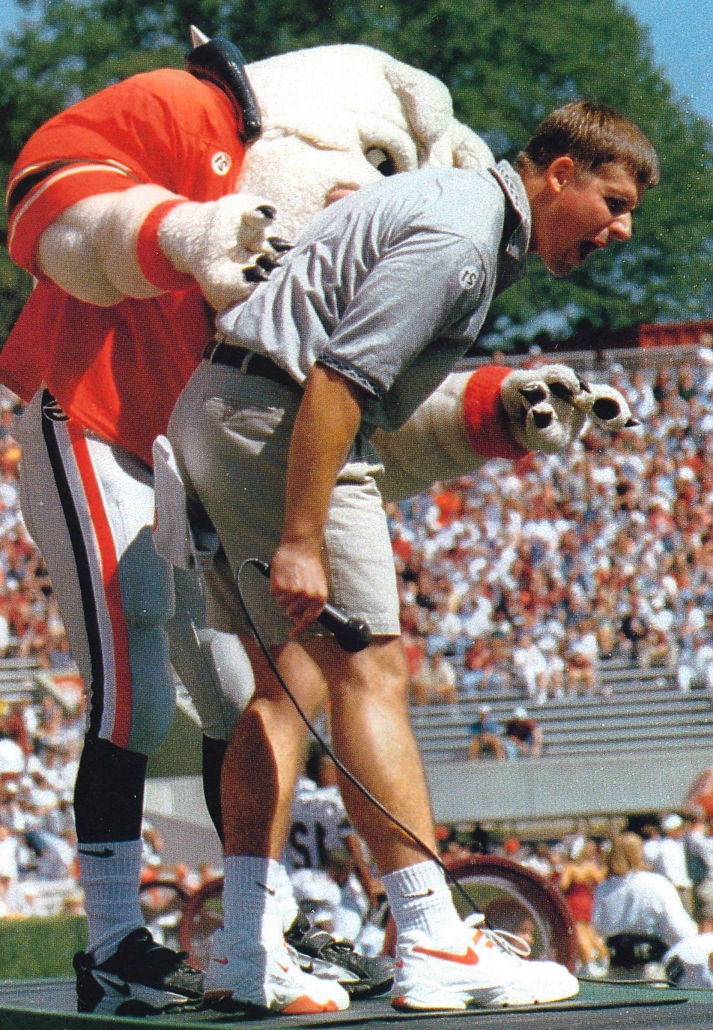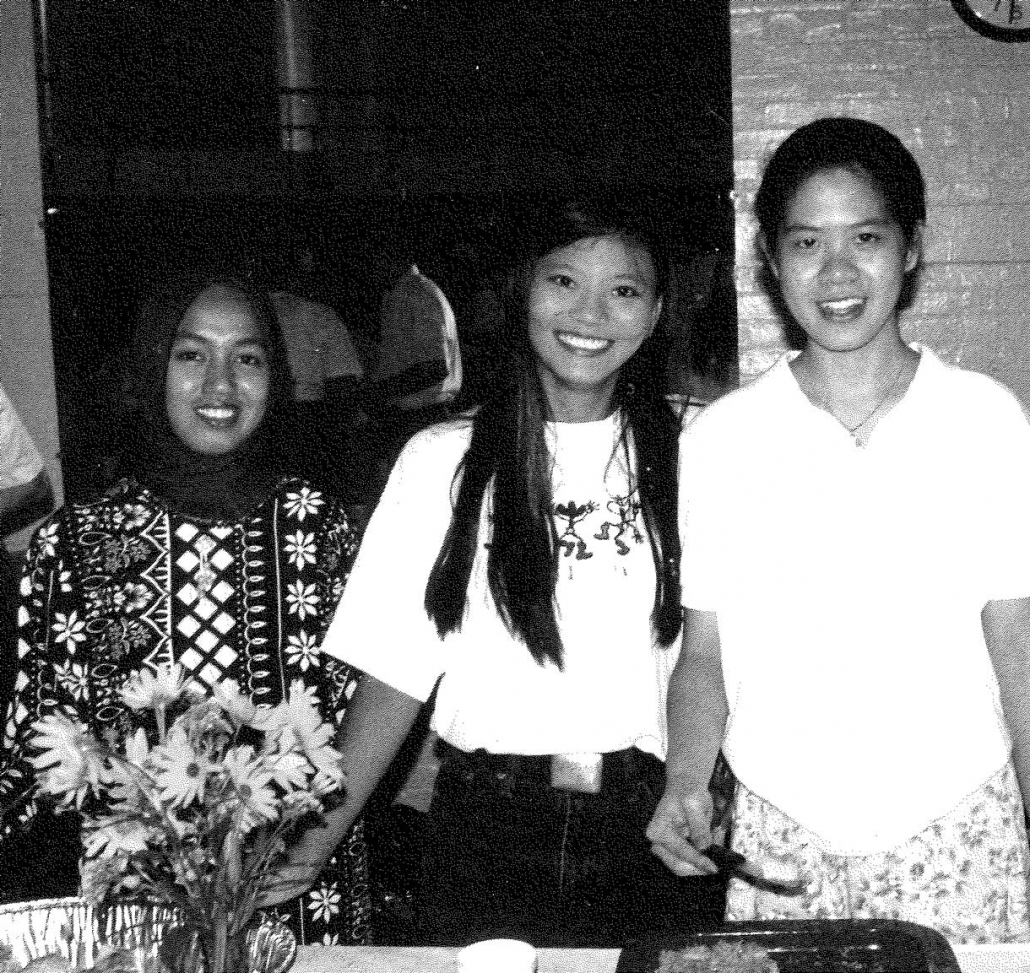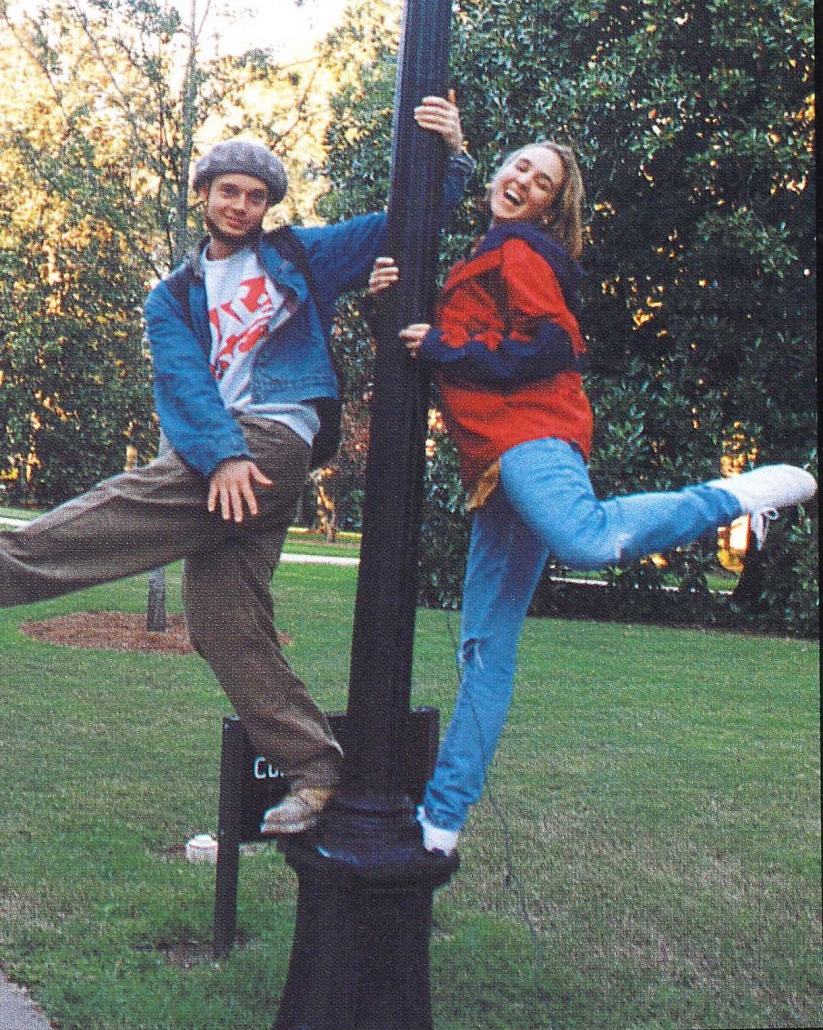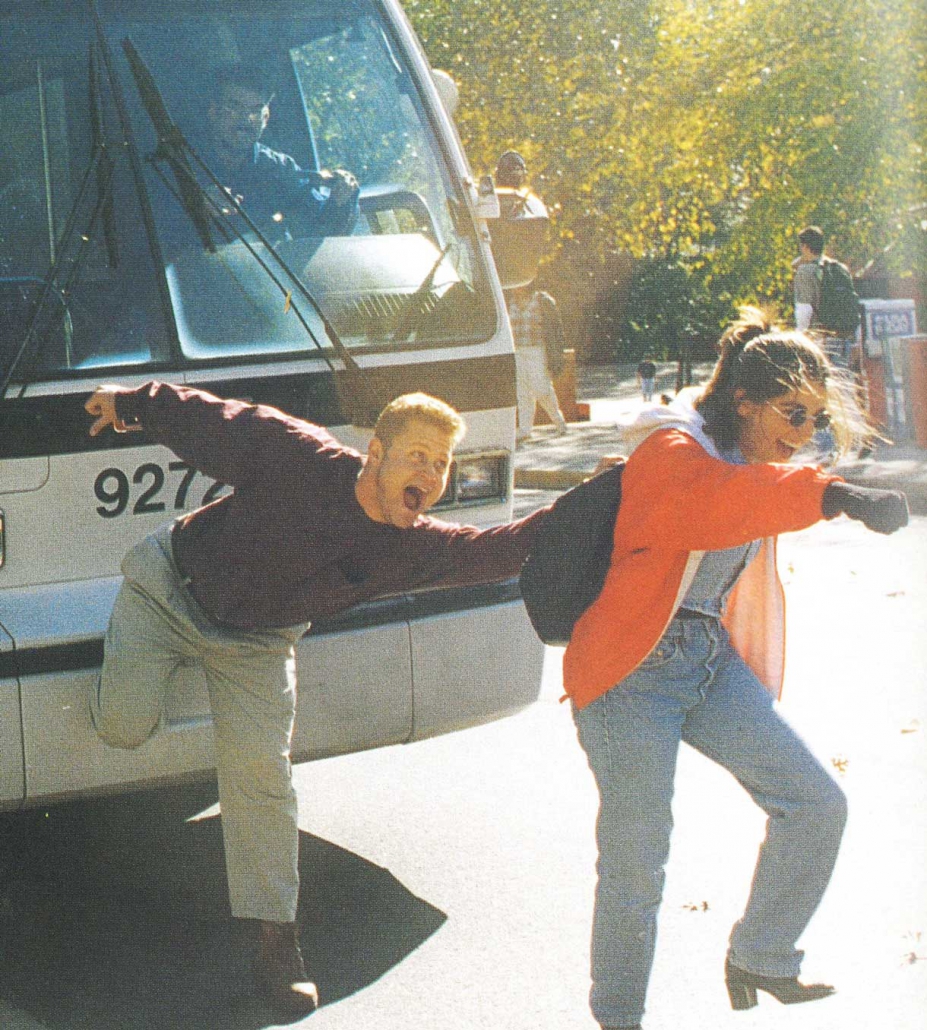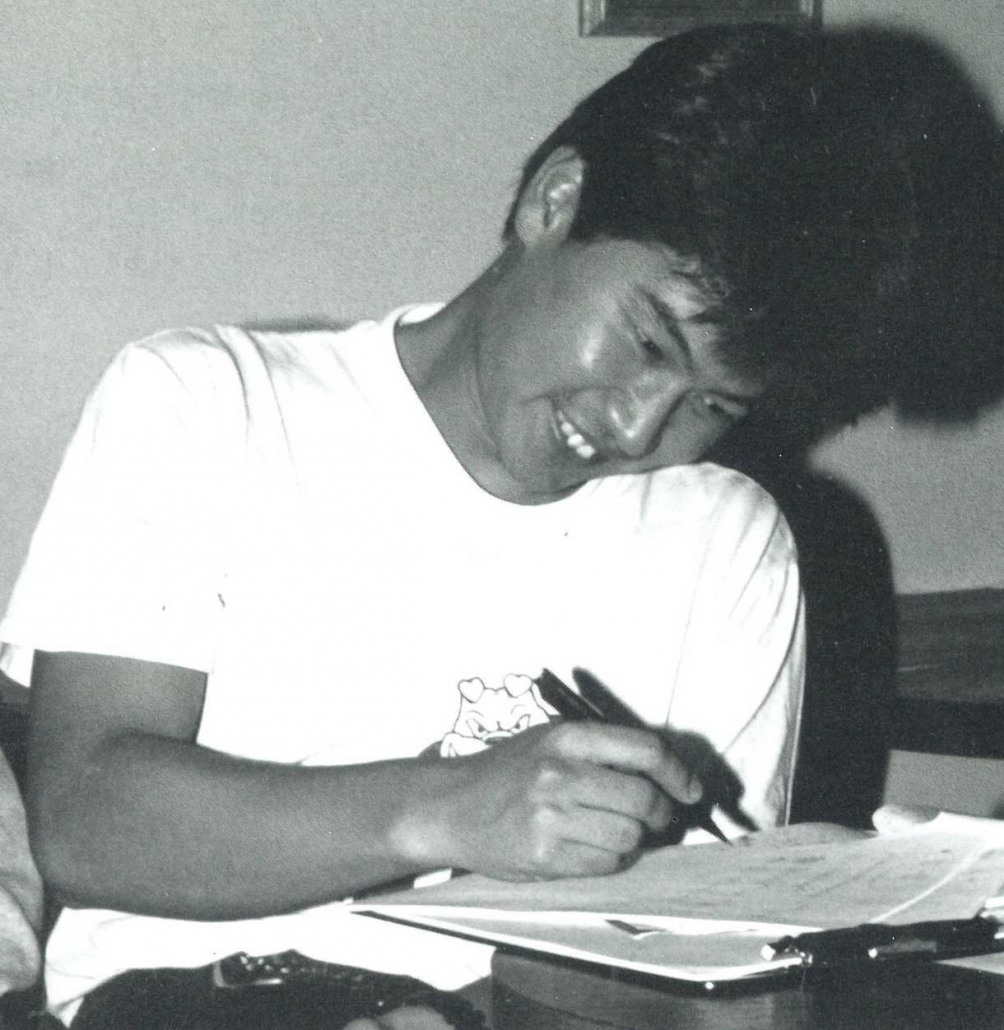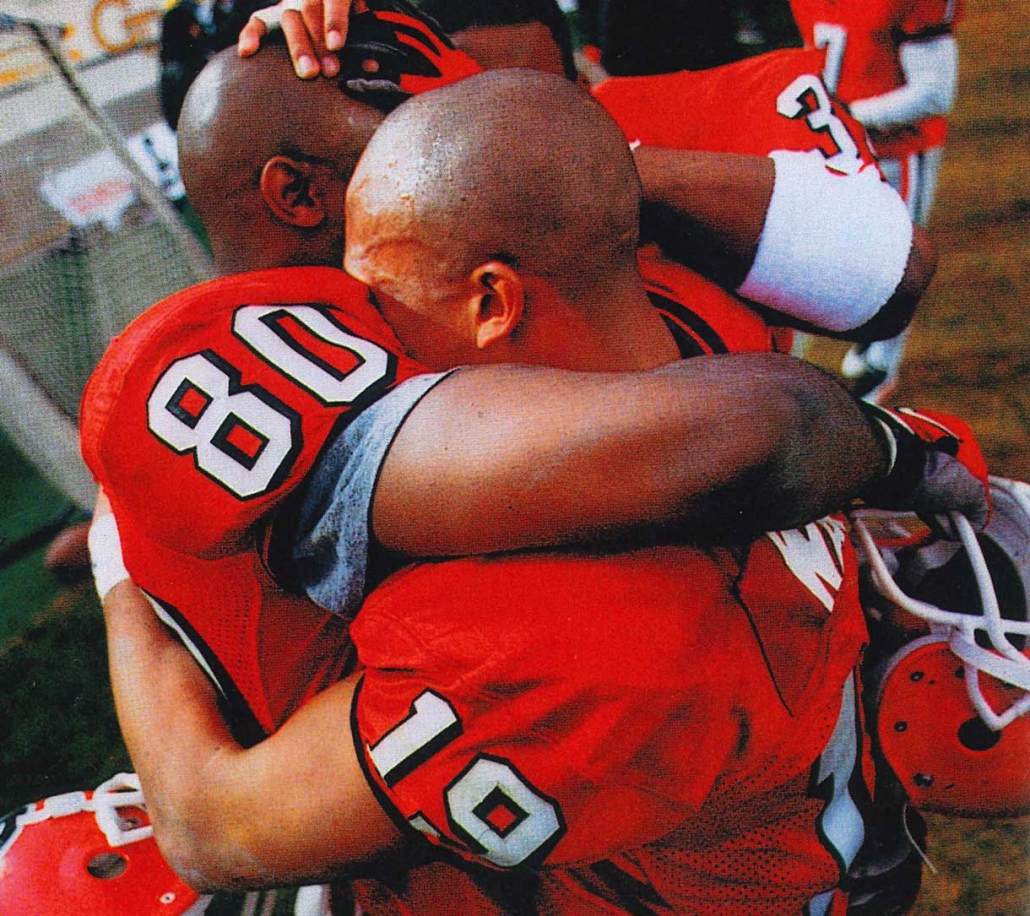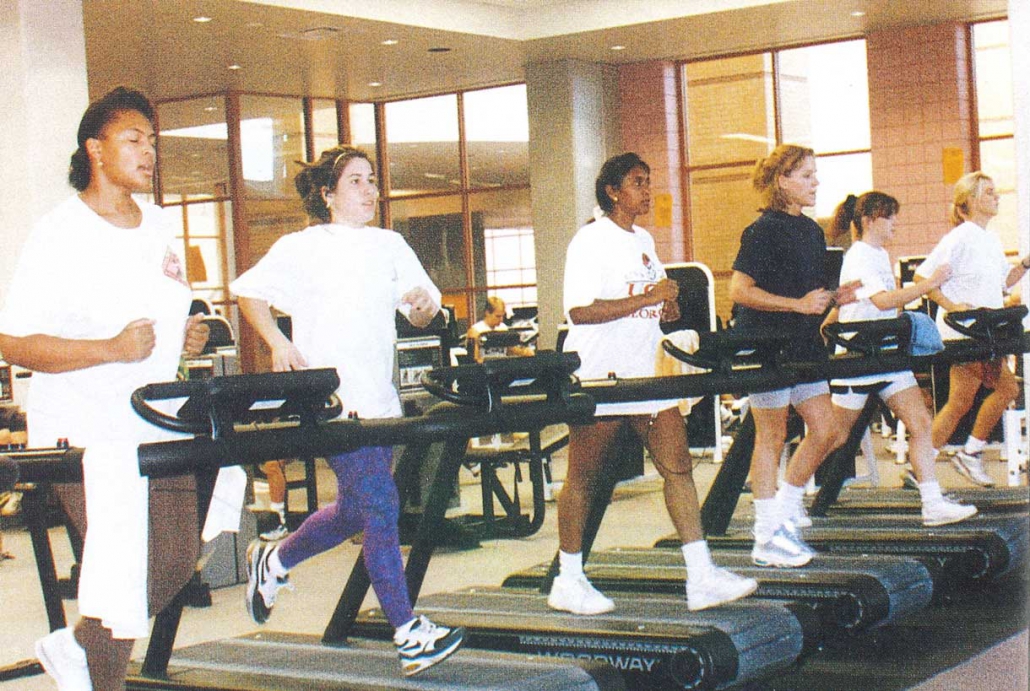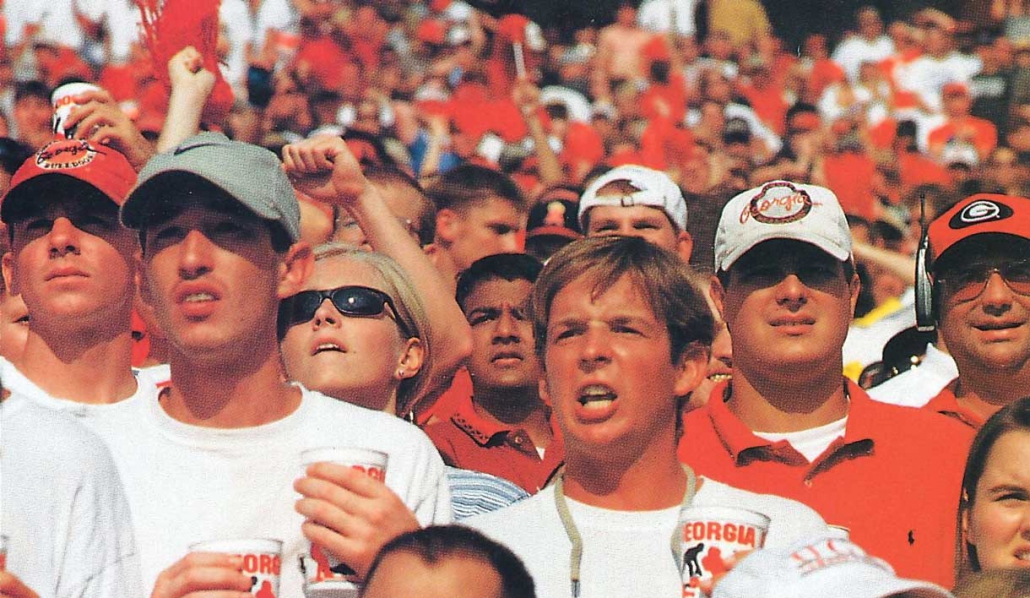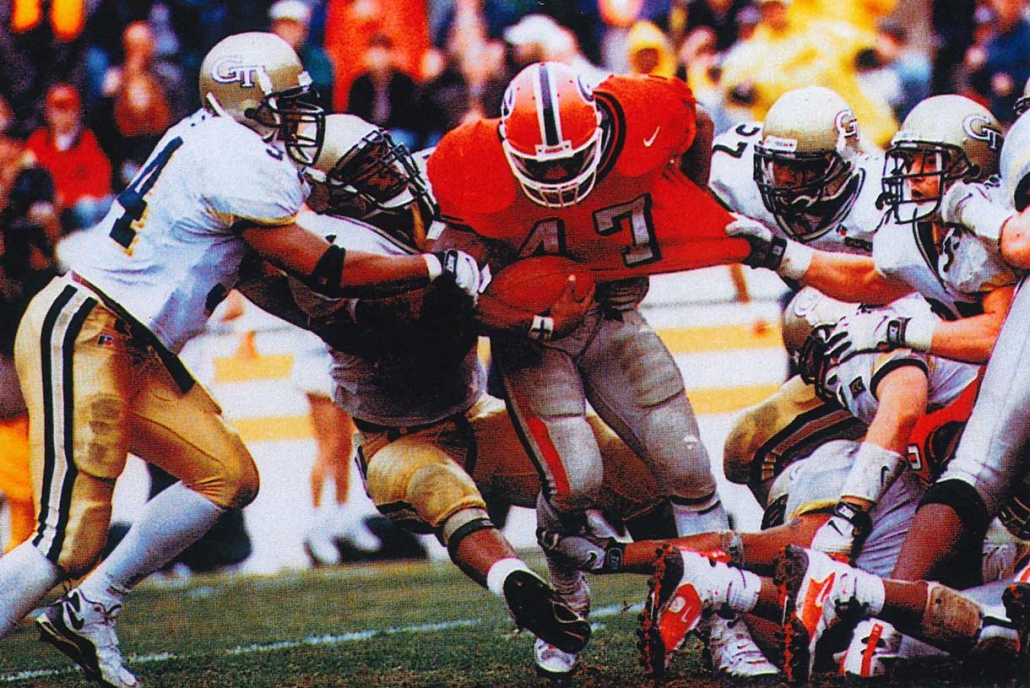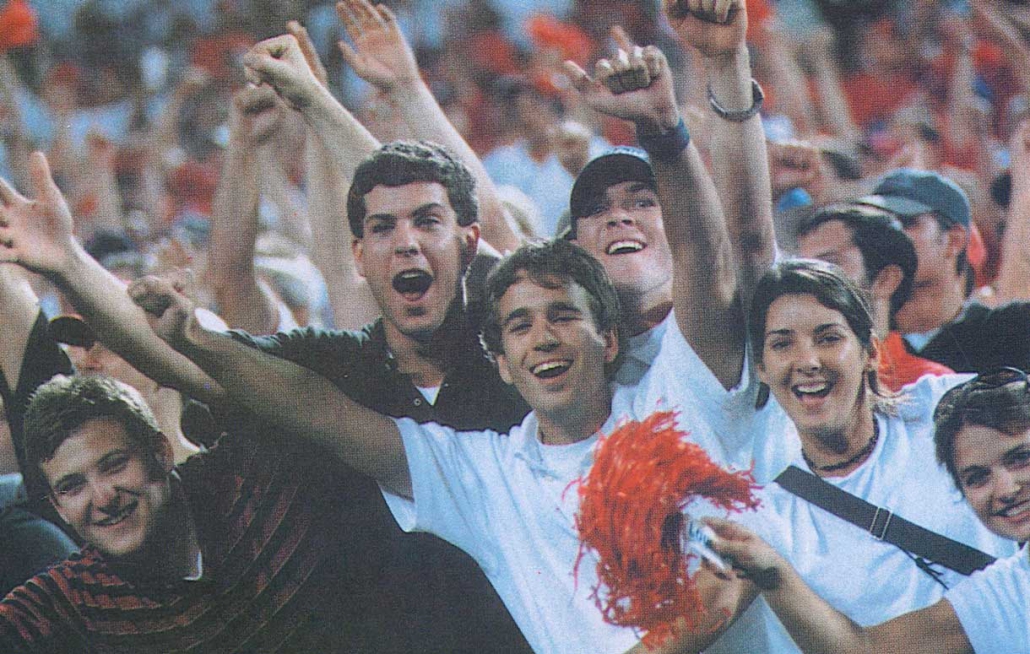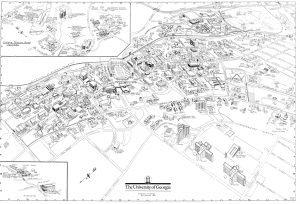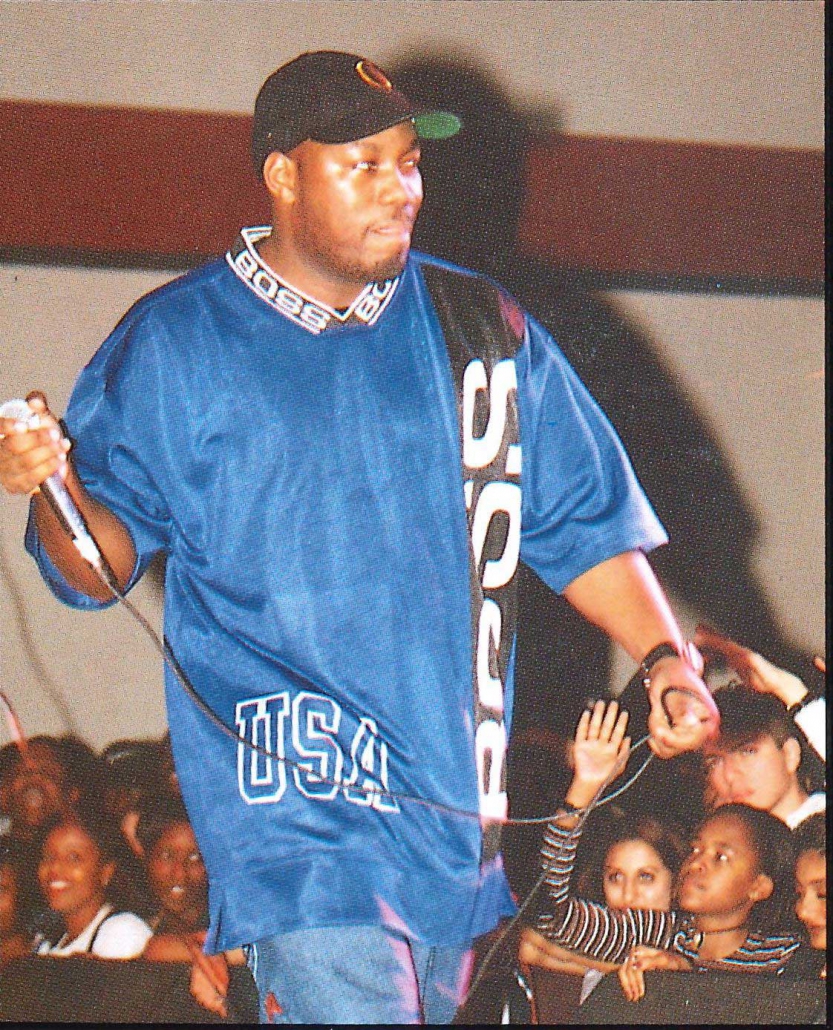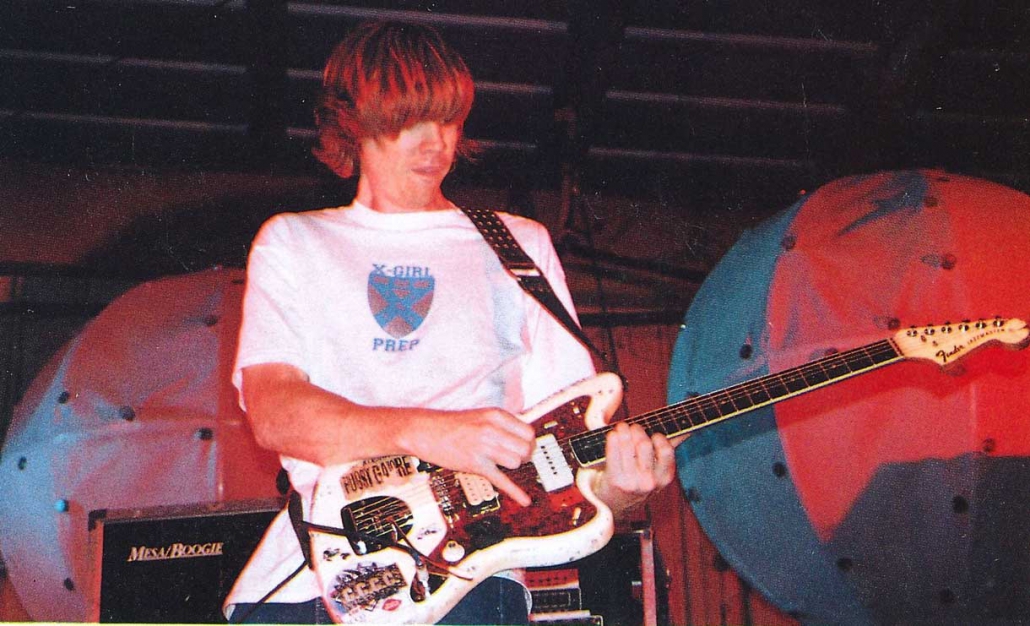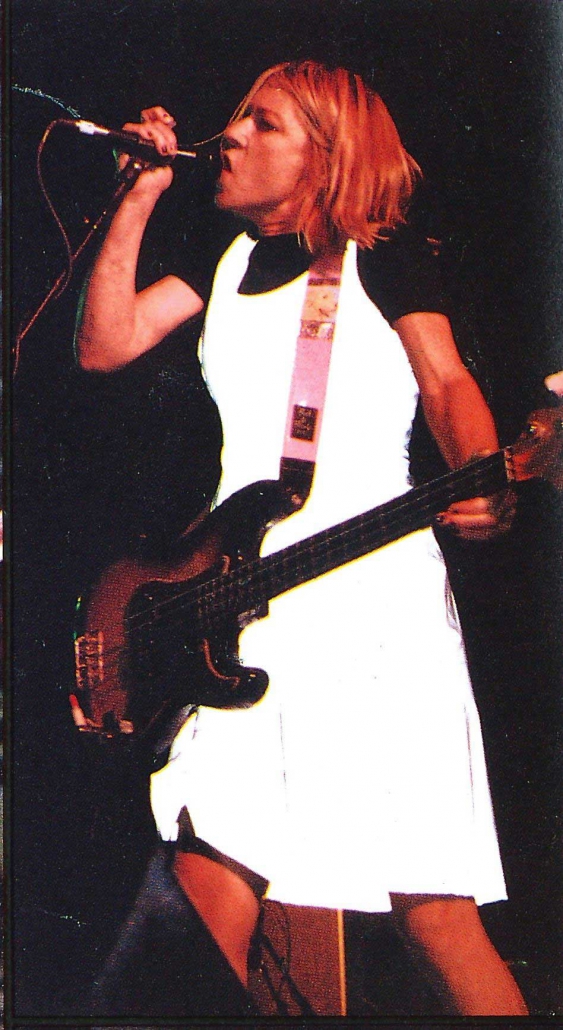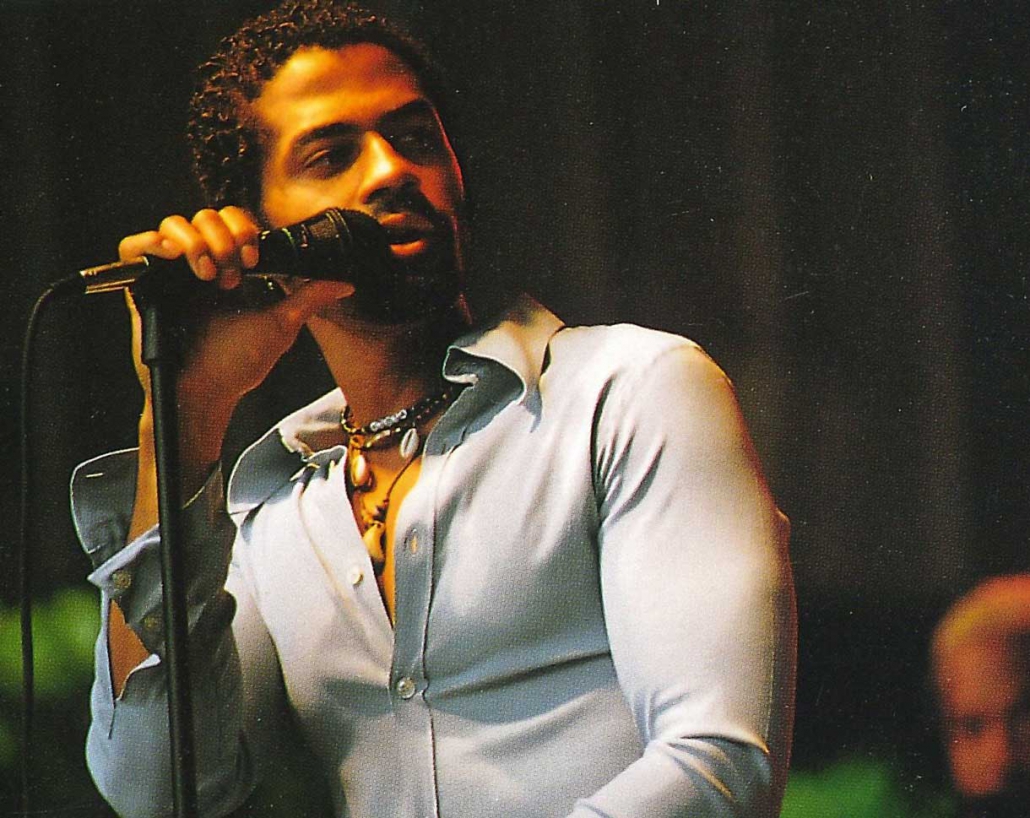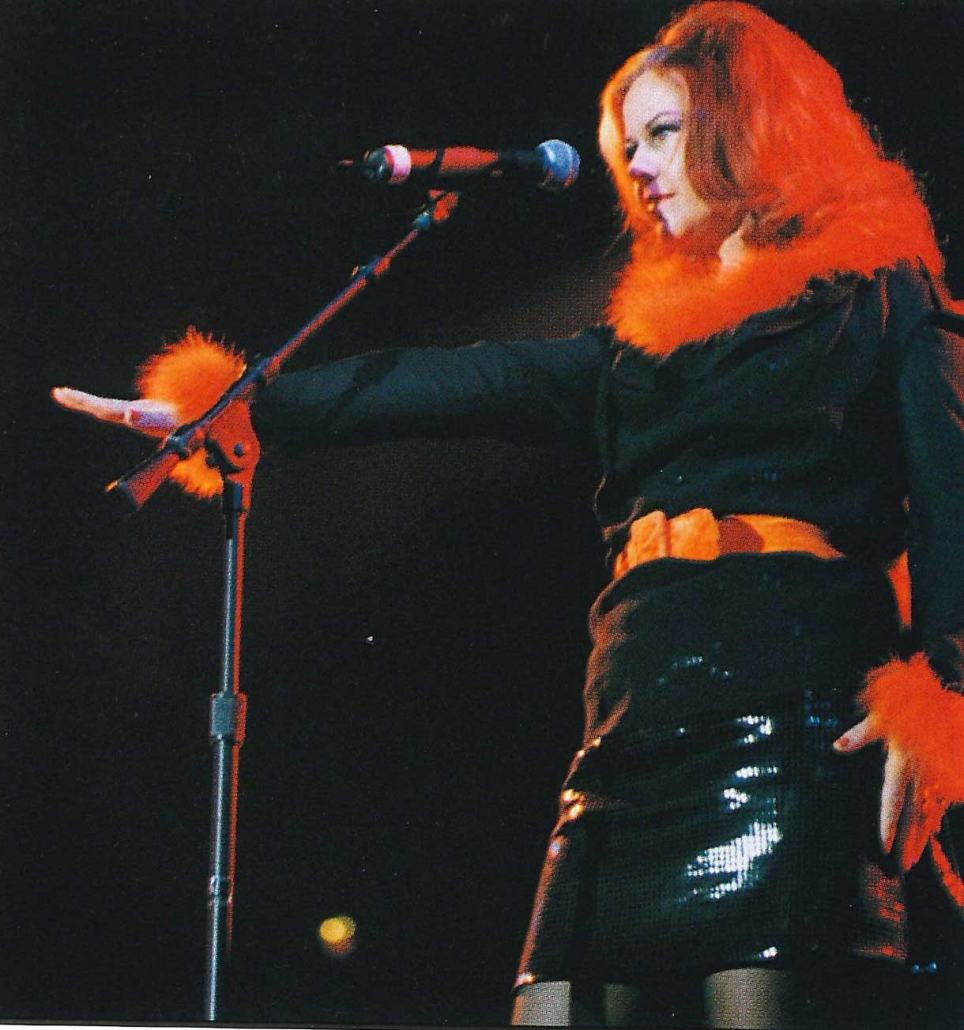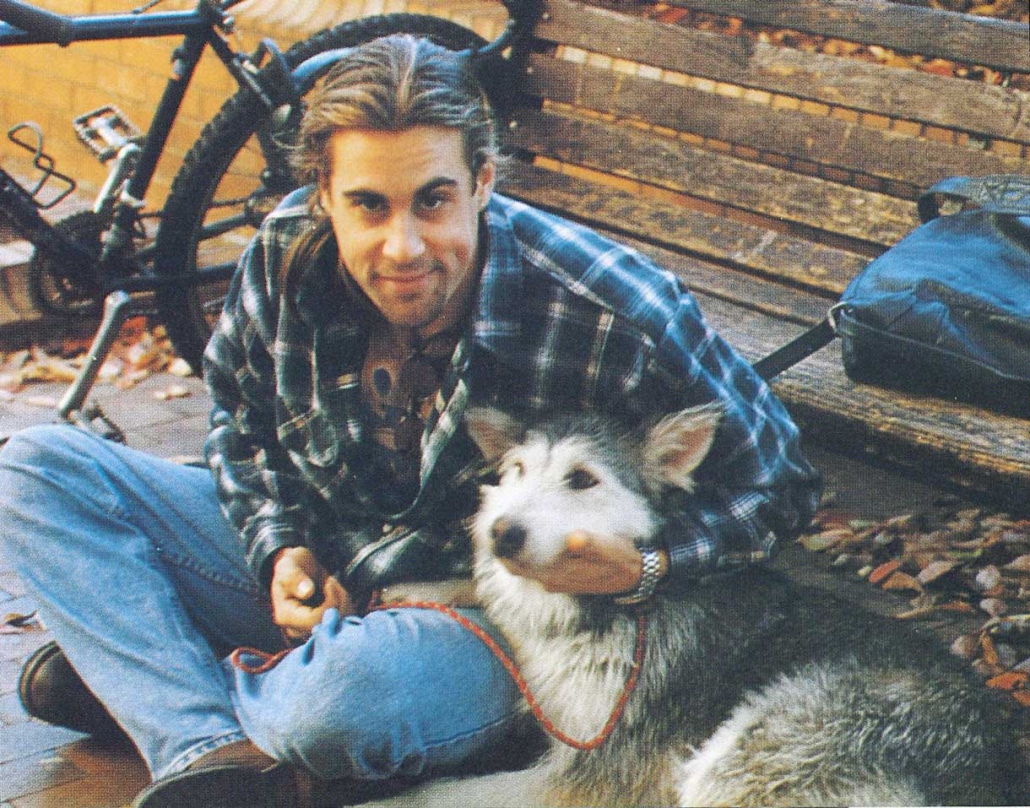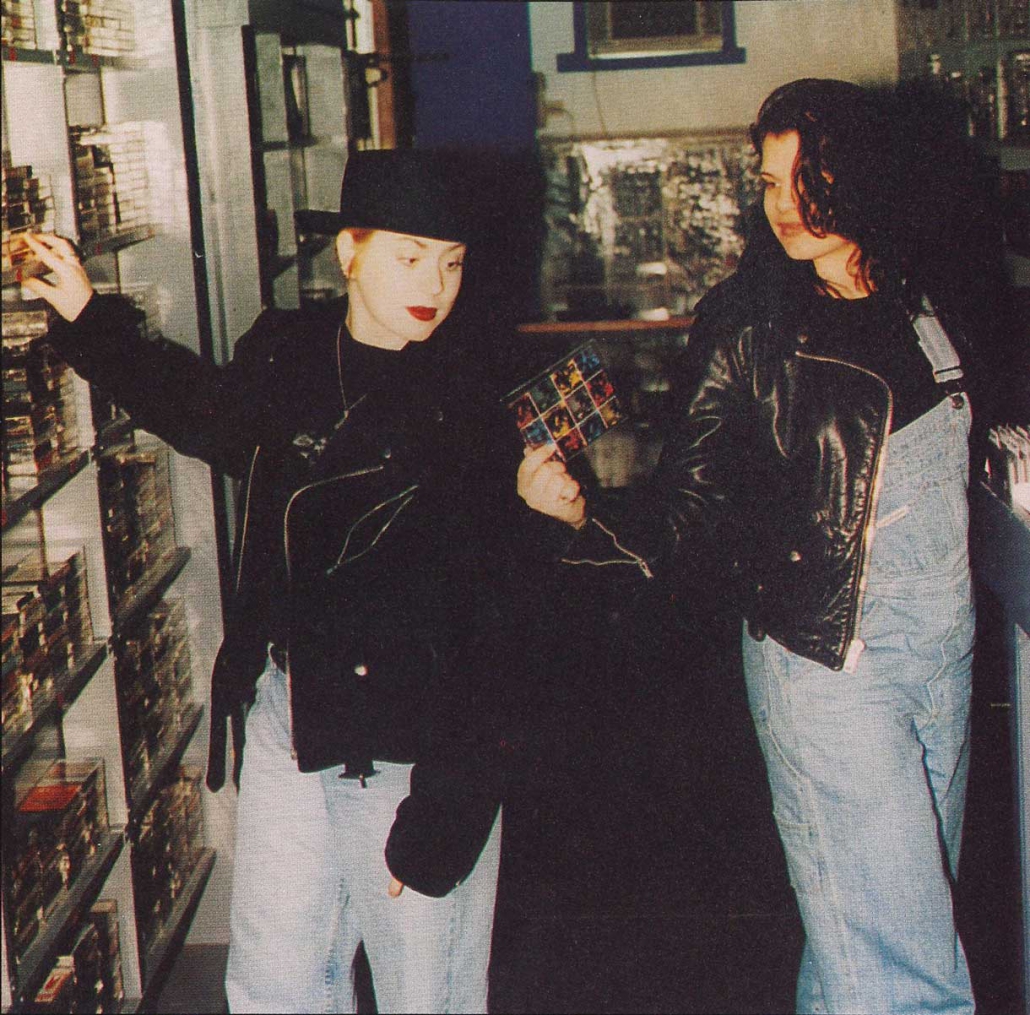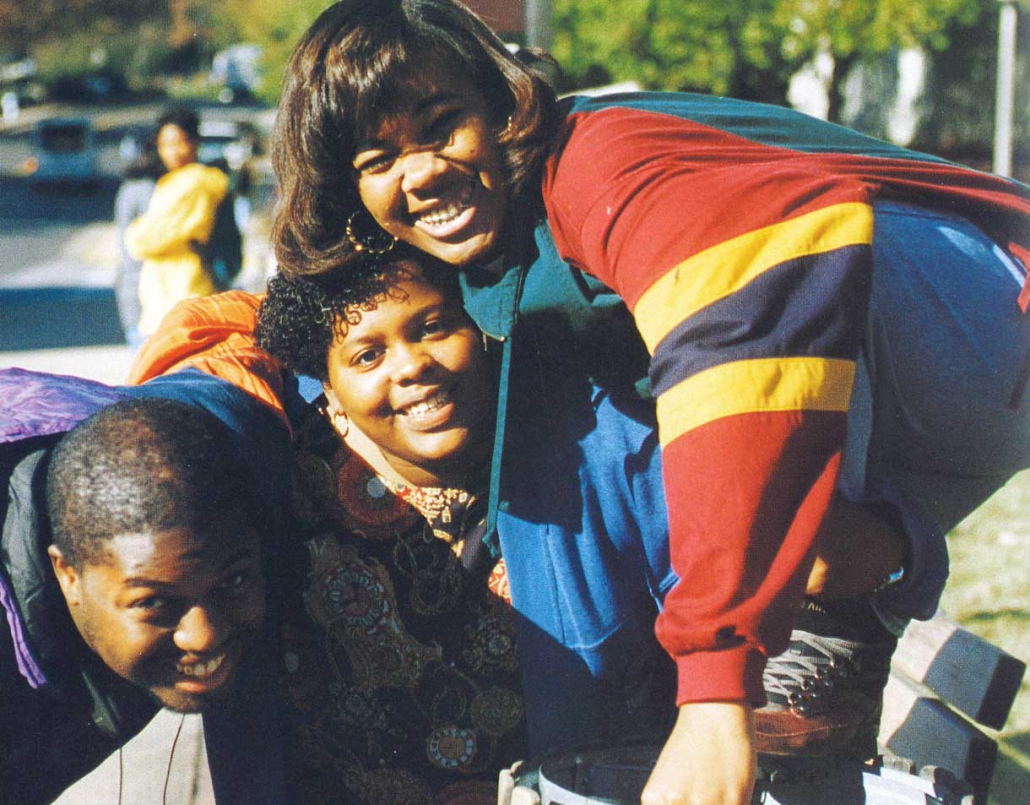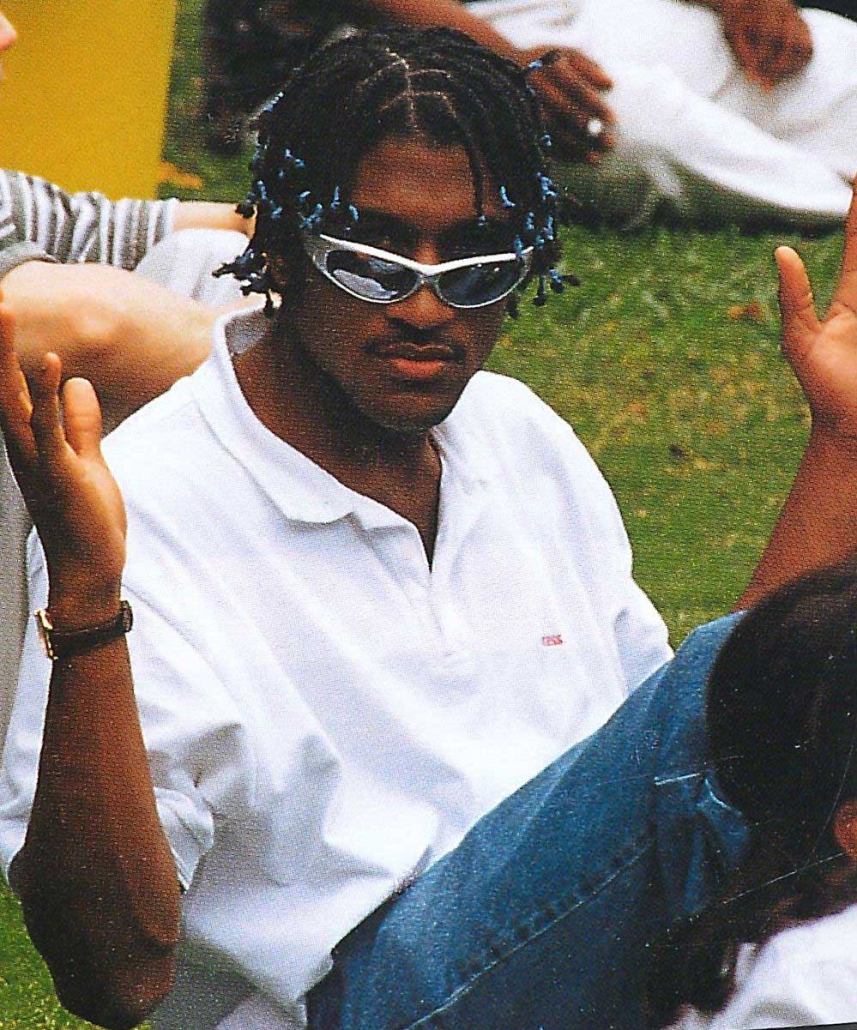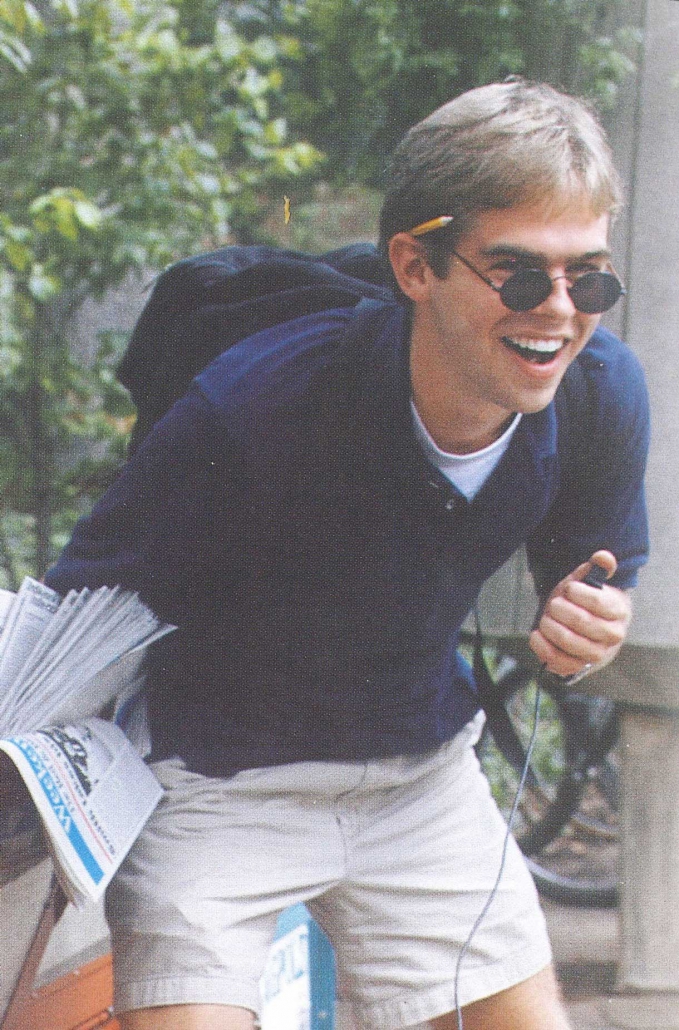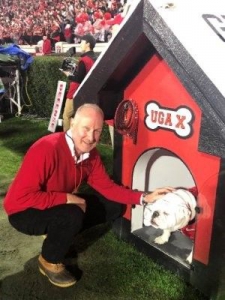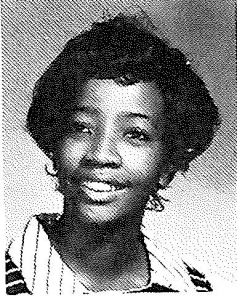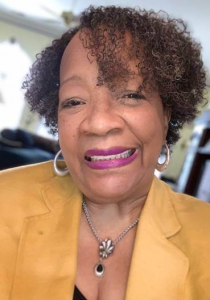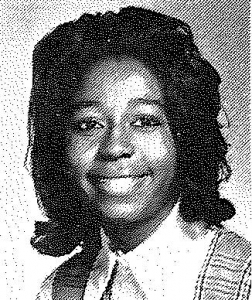This story was written by Charles McNair.
Jackie Mattison (BS ’76) didn’t have a gymnastics team at her school in Covington, Georgia. She simply tumbled around in the gym and in her backyard, head over heels, like any kid.
She didn’t lead cheers on the sidelines in high school either. Instead, she wore a Newton County Rams costume, boosting school spirit as the team mascot.
With this background, what were the chances that Mattison would one day graduate as University of Georgia’s first-ever Black gymnast … and first-ever Black cheerleader?
“I never thought I’d be doing something like that,” she confesses. “There I was at UGA as a student, just enjoying what students do. I didn’t try to become a gymnast and cheerleader on purpose. It just all fell together.”
Tumbled, she might have said.
Her freshman year, 1973, Mattison took Tumbling 101 as a physical education elective. In one class, she practiced forward rolls on a battered wrestling mat. A sharp-eyed coach was passing through the gym.
“You look like you’re light on your feet,” the coach told her. “Why don’t you come try out for the gymnastics team?”
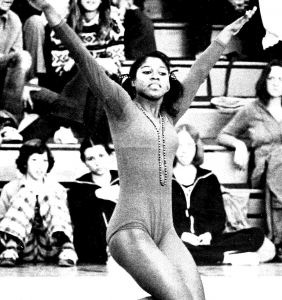
Jackie Mattison performing a gymnastics routine in 1975.
That day changed everything.
“If it had not been for the kind, inspiring voice of Melinda Airhart (1973-1976 UGA women’s gymnastics coach), my success as a student at UGA would not have manifested the way it did,” Mattison says. “She saw my little bit of talent and worked with me to make it bigger.”
Every Monday through Friday during summer semesters, Airhart waited for Mattison in the gym at Stegeman Hall. They practiced for two hours every day, one-on-one.
Mattison started team practice in fall 1973, the first year UGA fielded a gymnastics team. Her initial competition came in January 1974. She placed first in the vault in several meets that season.
From its humble beginnings, Georgia’s women gymnasts went on to win 10 NCAA national championships. The team has also claimed 16 Southeastern Conference Championships and 22 NCAA regional titles.
Today, Georgia women’s gymnastics–the Gym Dawgs–are generally recognized as one of the nation’s premier program.
Mattison and her teammates blazed the trail for them.
A vault into cheerleading
As Mattison worked out with the gymnastics team, she began to notice the UGA cheerleaders practicing nearby. Intrigued, she tried out for cheerleading in the spring of 1974.
“I got cut,” she remembers. “That hurt so bad. I remember thinking, ‘I’ll never try that again’.”
But she did. Convinced that her white cheer partner had let her fall on purpose during tryouts, she teamed up with a Black partner, Ricky Bivens. They scored highest of all the competitors in initial competitions, and among the highest in a nerve-wracking second tryout at Stegeman Coliseum.
That fall, Mattison found herself shaking pom-poms on the sidelines of Sanford Stadium. Home game Saturdays, she and her cheer teammates led tens of thousands of Bulldog fans in full-throated support of notable teams fielded by then-Coach Vince Dooley. Mattison even held Uga III’s leash as they ran onto the field for home games.
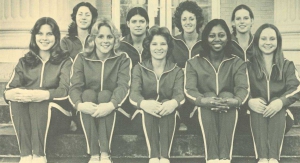
Jackie Mattison with her gymnastics team in 1976.
At the 1976 Cotton Bowl, UGA vs. Arkansas, she turned after a cheer to find herself face-to-face with Georgia native singer James Brown, the Godfather of Soul. Brown had a recent hit song, “Dooley’s Junkyard Dawgs,” which has the following lyrics:
Uh, ha, Dooley’s junkyard dogs
Dooley’s junkyard dogs
They’ll hit ya, they’ll knock ya, ha
They’ll haul right off and sock ya
Dooley’s junkyard dogs
Dooley’s junkyard dogs
As rich as her gymnastics team and cheer team memories are, Mattison holds other moments equally dear. She became one of the very first UGA female student athletes to be awarded a scholarship, thanks to the enactment of a national education amendment, Title IX. And she pledged Alpha Kappa Alpha Sorority Inc., joining “a sisterhood that still exists today,” she says.
“The camaraderie of Black sororities and fraternities at UGA closely bonded the few minority students,” she says. “Among my best memories are Black student gatherings in the dorms and dining halls, social activities, and greetings as we passed on our way to classes.”
UGA also readied Mattison for life after Athens.
“I feel that the professionalism, support and encouragement of my instructors in the health and physical education department had a major role in my success as a student at UGA,” she says.
“I was motivated by the commitment, energy and excitement in their voices as they taught and engaged students. There was a feeling of a great deal of mutual respect between students and professors. To me, that was a formula for success.”
She took that formula into the world.
Passing it forward
Earning a 1977 master’s degree in health and physical education, Mattison launched a 33-year career as an educator.
She began as a K-5 physical education teacher at Barnett Shoals Elementary School in Athens. She shaped young minds and bodies at subsequent posts in Georgia, North Carolina, Maryland and Tennessee.
Along the way, she and her husband Larry had two sons, Landy and Ryan, and one grandson, Sean.
She spent the last 12 years of her career back home, at Newton High School in Covington, teaching health and physical education. In three decades-plus of education, she coached co-ed cross-country and golf, as well as girls’ softball, tennis, and gymnastics. She retired in 2016, her career distinguished by awards and the achievements of her students.
UGA has been with her along all the trails she blazed.
“I left UGA with confidence that I could make a difference in the lives of students from every walk of life,” Mattison says.
“I followed my heart. To this day, I have no doubt that the major reason I was successful in a career as a health educator, physical educator, and coach for 33 years is because I was prepared for life – and made highly qualified in my field – by the University of Georgia.”






